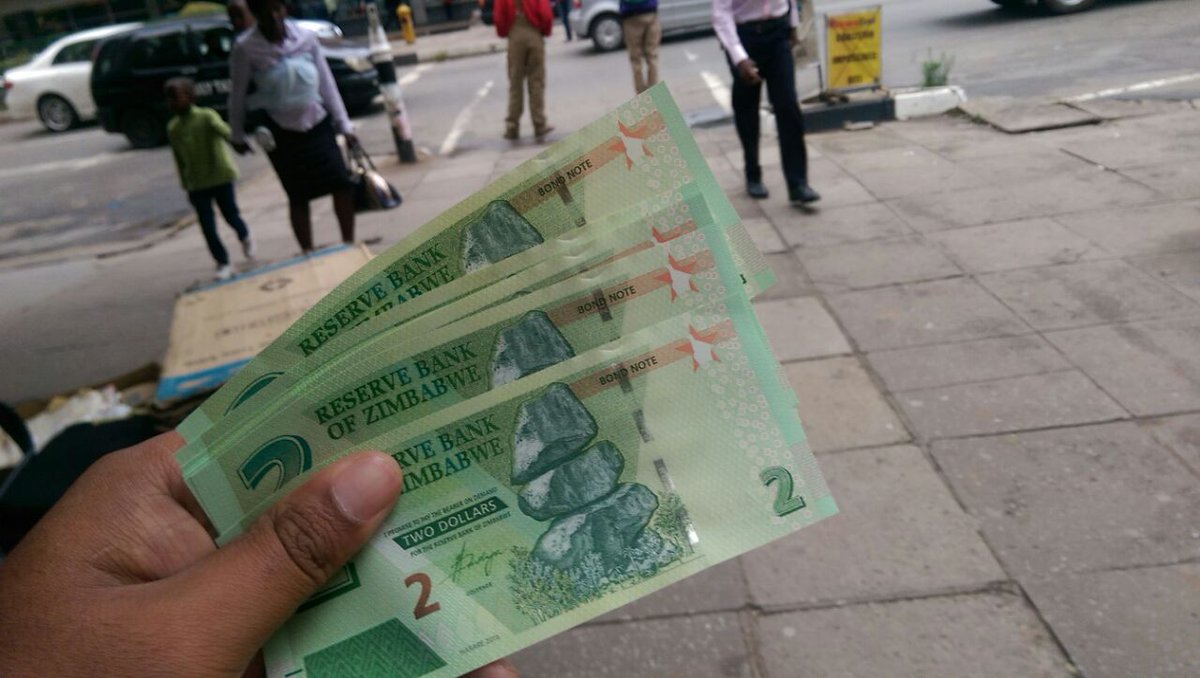by Derick Tsimba
Zimbabwe is on the verge of economic success following intervention by Government to reform the economy through stabilising its currency.
Recently President Emmerson Mnangagwa released a press statement on the country’s economic situation wherein he said that there was need for economic reforms to stabilize the economy.
“Further to my address on the need to accelerate economic reforms that are necessary to stimulate the economy, I have found it necessary to restate Government’s strong commitment to reducing fiscal imbalances what are the root cause of the many challenges the economy faces,” said the President.
The President also said, “The challenges include cash shortages and the proliferation of foreign exchange parallel market rates which have a negative effect on prices...challenges require that Government positions the economy on a strong footing by...cutting on Government expenditure, increasing efficiency on Government delivery system and fast-tracking reforms of Sate Owned Enterprises, among a host of other measures.”
A strong currency will accompany reforms by Government, said President Mnagagwa.
“These reforms should be accompanied by a strong and sustainable currency system set to follow after the execution of the above reforms. Government shall continue with the multi-currency system which it put in place in 2009,” said the President.
Minister of Finance and Economic Development, Professor Mthuli Ncube, on his twitter handle said he had fruitfully secured a facility that guarantees 1:1 convertibility of RTGS balances into US$.
“Today in Bali, Indonesia at the IMF/ World Bank Meetings, I had fruitful discussions with the President of Afreximbank, Dr Oramah. Afreximbank has offered Zimbabwe a facility to guarantee 1:1 convertibility of RTGs balances into US$ and availability of US$ for Nostro FCAs,” said the Minister.
Harare Post has learnt that ZANU PF is concerned with the recent economic developments.
“Various forms and patterns of these evil forces have been manifesting, stretching from street peddling of currencies on the informal market leading to speculation and fluctuation of exchange rates; gradually offloading off goods onto the black market for sale at exorbitant prices; artificial shortages of fuel and other essential commodities,” the party said.




